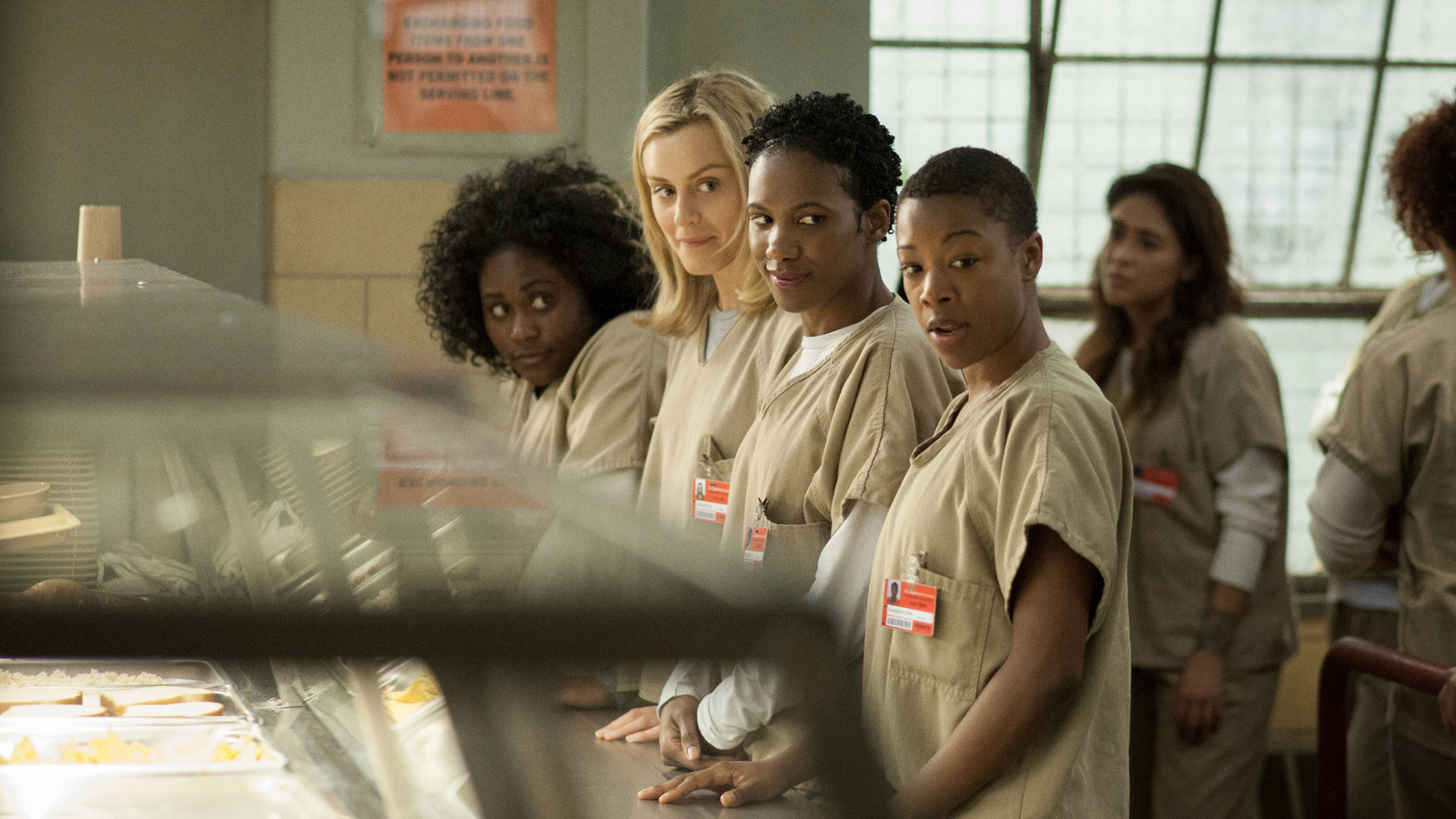
The Streaming Wars Have Taken a Heavy Toll on Their Origin
By BJ Colangelo Nov. 12, 2024 3:00 pm EST
In January 2007, Netflix changed the landscape of entertainment by launching a streaming service after establishing itself as a revolutionary DVD-by-mail rental model. At its inception, the streaming library was limited to a modest selection of 1,000 films, dwarfed by the over 70,000 titles available on physical media. Just a month after the streaming launch, Netflix celebrated the milestone of mailing its one-billionth DVD, signaling a shift in the industry.
Over the years, with strategic partnerships with major studios and networks like Disney, Warner Bros., Viacom, DreamWorks, The CW, and AMC, Netflix’s streaming platform surged in popularity, outpacing the demand for their original mail service. Then came February 1, 2013, a watershed moment, when Netflix released “House of Cards,” its first wholly original series produced specifically for U.S. audiences. This wasn’t just another political drama; it starred prominent Hollywood figures like Kevin Spacey and Robin Wright. Netflix demonstrated its capability to produce compelling content rather than merely broker licenses for existing films and TV shows.
The initial phase of Netflix’s investment in original programming saw a flood of innovative and groundbreaking content. Series such as “Orange is the New Black,” “Sense8,” various Marvel productions, “Unbreakable Kimmy Schmidt,” and “BoJack Horseman” redefined television as we knew it. These ventures weren’t merely about filling up a queue; they were a commitment to unique storytelling and creative risk. However, their success had a ripple effect, pushing studio counterparts to enter the fray and try to emulate Netflix’s successful model—thus igniting the full-blown Streaming Wars.
But the fallout from this war has been significant, particularly in the evolving meaning of “original” content.
The Shift from Original Programming to Exclusive Content
To put it simply, “original,” as defined traditionally, means something that is not derivative or imitative. Yet, with the competitive streaming landscape, the early promise of originality has waned, leading to an environment increasingly dominated by those seeking algorithm-friendly “guaranteed hits.”
Recently, I attended an early screening of “The Creep Tapes,” a new series stemming from the “Creep” films, which initially found their audience via Netflix. Franchise creators Mark Duplass and Patrick Brice were present, sharing insights that resonated with what’s been lost. Duplass remarked on how the creation of the “Creep” series provided him with an opportunity to take genuine artistic risks—a stark contrast to today’s climate.
Competition intensified in 2019 with the entry of Disney+, which compelled streaming services to aggressively vie for subscribers, talent, and projects. The notion that competition fosters creativity has proved misguided, as studios and streamers have adopted more conservative approaches to content, relying on established intellectual properties rather than innovative concepts.
Take the Max streaming app, for example, planning to reboot the “Harry Potter” franchise into a decade-long project. This shift toward franchise-focused productions, laden with skyrocketing budgets, has led to the emergence of what Rafael Motamayor termed “The Brand Movie.” Hollywood seems more invested in recognizable properties than in creating relatable characters or narratives.
The Streaming Wars have permeated not only the streaming landscape but also theatrical releases, prompting audiences to favor waiting for films to hit streaming platforms instead of attending theaters. So where does this leave independent films lacking well-known stars or those truly original stories that don’t fit neatly into a predefined marketing box? Once upon a time, these creative endeavors had a home among the streamers, but the meaning of “original” has degraded to merely “exclusive.”
Taking a Stand Against Mediocrity
There’s no denying that there are still significant films and series being released as exclusives on streaming platforms—I’m passionate about getting people to watch “How To Die Alone” on Hulu. However, conversations with filmmakers reveal a concerning trend: when pitching ideas to streaming services, if the project doesn’t connect to an established franchise or pose minimal creative risk, many don’t even bother submitting.
So, where do we go from here? How can consumers contribute to a shift back toward genuine originality? In the past, I wrote about fans who fervently pushed for #ReleaseThe___Cut, stressing why catering to the loudest voices should not dictate creative decisions. Yet, there’s no denying that such movements have influenced studios. The fear of public backlash is so profound that studios have resorted to “superfan focus groups” to gauge how to sidestep igniting fan discontent.
While it’s troubling that studios may cater to the loudest critics, it highlights a broader issue—they’re scared of their audiences. It’s time to shift the narrative. We need to demand authenticity and originality in storytelling, rejecting the cookie-cutter models that dominate the current climate. Instead of passively consuming whatever is handed to us, let’s hold these platforms accountable. When times get tough, it’s on us to insist on quality.
We should hold Netflix Originals, Max Exclusives, Peacock Originals, and Paramount+ offerings to a higher standard—a sign of true creativity and originality. If we don’t, we risk losing what makes the medium worthwhile. What are we really striving for if we allow this trend to continue unchallenged?



